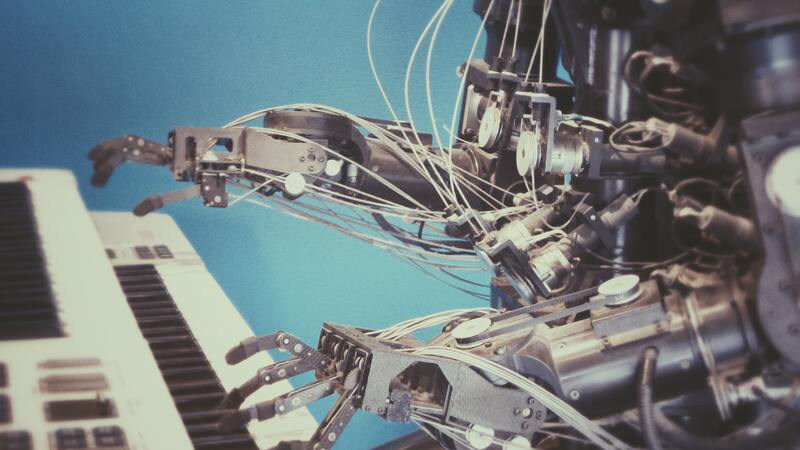Understanding RPA and How it can help you?
Introduction
Organizations continuously seek innovative solutions to optimize their operations, improve productivity, and deliver seamless customer experiences in the rapidly evolving digital landscape. Robotic Process Automation (RPA) platforms have emerged as transformative technologies, empowering businesses to automate repetitive tasks, streamline workflows, and achieve unprecedented levels of efficiency. In this blog, we'll explore the world of RPA platforms, understanding what they are, how they work, and the remarkable benefits they bring to businesses across various industries.
What is a Robotic Process Automation (RPA) Platform?
A Robotic Process Automation (RPA) platform is a software solution that utilizes software robots or "bots" to automate rule-based, repetitive tasks within business processes. These bots are designed to mimic human interactions with applications and systems, enabling them to perform tasks without human intervention.
How RPA Platforms Work
RPA platforms employ a systematic approach to automate processes and tasks. Here's a breakdown of how they typically work:
Process Identification: The first step involves identifying processes suitable for automation. Organizations analyze their workflows to pinpoint repetitive tasks with clear rules and well-defined inputs and outputs.
Bot Design and Development: RPA developers or "bot builders" create bots to automate specific tasks. These bots can be designed using visual drag-and-drop interfaces or through coding, depending on the complexity of the automation.
Bot Deployment: Once the bots are developed, they are deployed to the appropriate environments. Depending on the organization's needs, these bots can operate on individual desktops or within a centralized server.
Process Automation: The bots interact with applications, databases, and systems like human users. They navigate through screens, input data, and retrieve information to perform automated tasks.
Error Handling and Exception Management: RPA platforms include error-handling mechanisms to manage exceptions during automation. Bots can detect errors, notify stakeholders, and, if required, escalate the issue for human intervention.
Monitoring and Reporting: RPA platforms provide real-time monitoring and reporting capabilities, allowing organizations to track bot performance, identify bottlenecks, and measure the success of automation initiatives.
Benefits of RPA Platforms
RPA platforms offer a myriad of benefits that contribute to improved business performance and operational excellence:
Enhanced Efficiency: RPA platforms accelerate processes by automating repetitive tasks, freeing up valuable human resources for higher-value activities.
Error Reduction: Bots execute tasks precisely, reducing the likelihood of human errors and improving data accuracy.
Cost Savings: RPA enables organizations to save significantly by reducing manual labor and resource requirements.
Scalability: RPA platforms can quickly scale to accommodate fluctuating workloads, making them ideal for small-scale and enterprise-level automation.
Improved Compliance: Bots follow predefined rules and regulations, ensuring adherence to compliance standards and minimizing compliance-related risks.
Enhanced Customer Experience: Faster response times and error-free processes improve customer satisfaction and loyalty.
Use cases of RPA:
RPA can be applied across various industries and functions. Some everyday use cases include:
Data entry and validation: Automating data entry tasks, such as invoice processing or customer information updates.
Report generation: Creating and distributing reports regularly.
HR processes: Automating employee onboarding, leave requests, and timesheet processing.
Finance and accounting: Automating invoice processing, accounts payable, and accounts receivable tasks.
Customer service: Handling routine customer inquiries and support requests.
Supply chain management: Tracking inventory levels and managing order processing.
Conclusion
Robotic Process Automation (RPA) platforms have revolutionized businesses' operations, unleashing a new era of efficiency, accuracy, and agility. By harnessing the power of software robots, organizations can unlock their true potential, optimizing workflows and driving digital transformation. As RPA technology continues to evolve, its role in reshaping industries and enabling innovation becomes increasingly evident. Embracing RPA platforms is not just a choice; it is a strategic move towards achieving business excellence and remaining ahead in the competitive landscape of the digital age.





